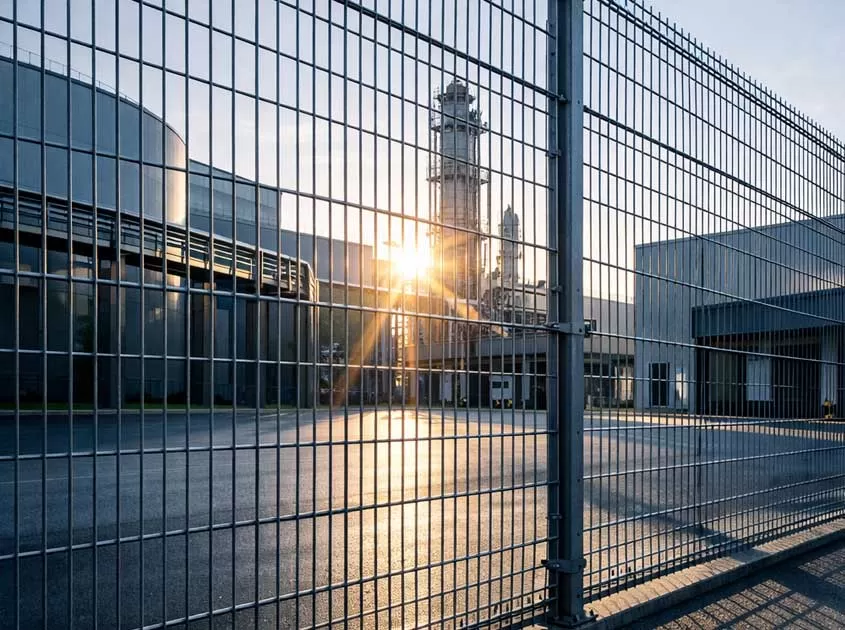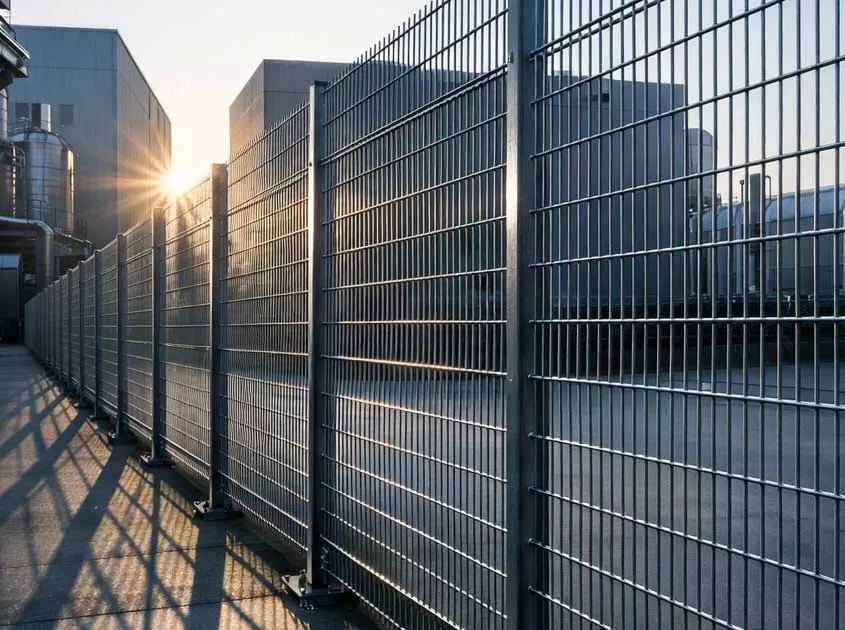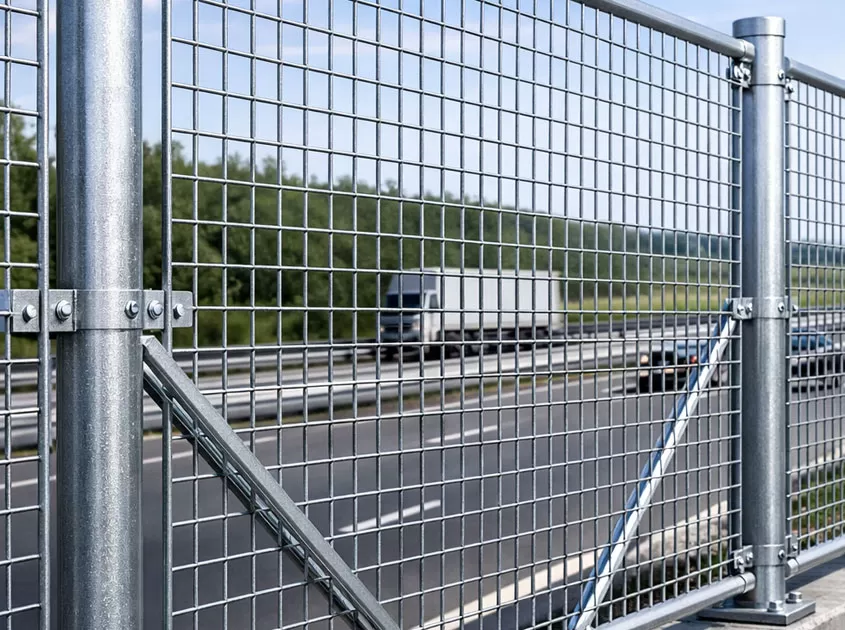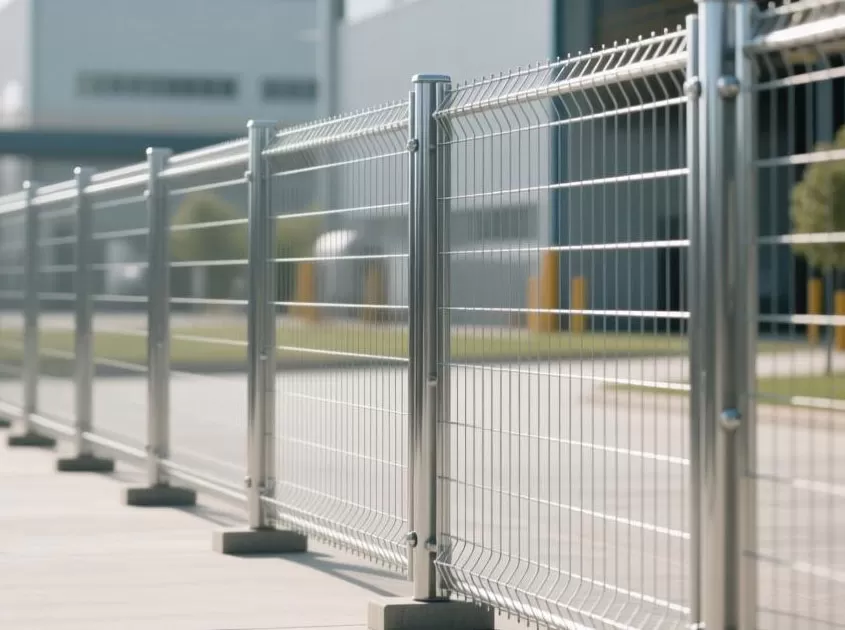A Comprehensive Guide to Choosing the Right Welded Wire Mesh Panel
Welded wire mesh panels have become indispensable materials in modern construction, landscaping, agriculture, and industrial applications. The diverse range of projects necessitates choosing the appropriate welded wire mesh panel to ensure optimal performance and efficiency. This comprehensive guide aims to assist you in making informed decisions by exploring the essential factors to consider when selecting the right welded wire mesh panel for your project's unique requirements.
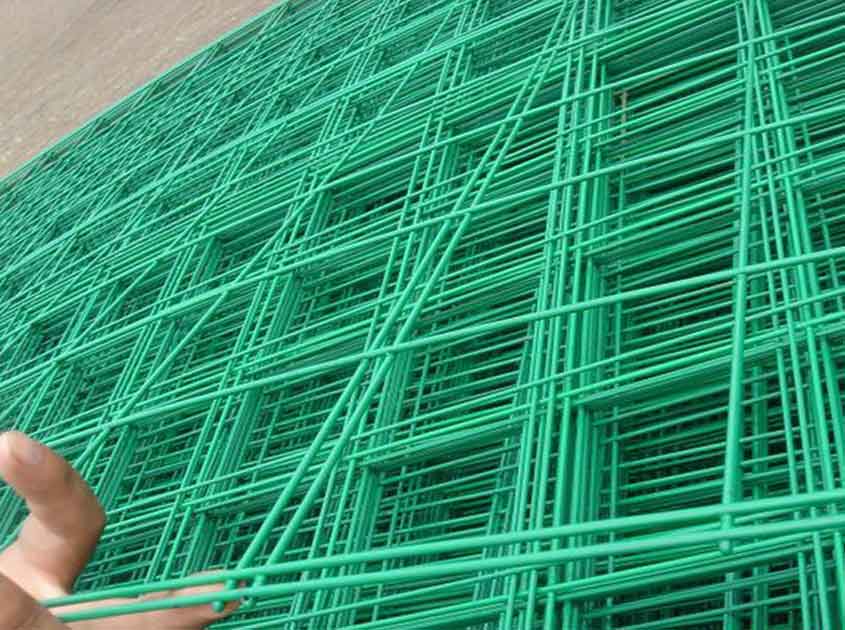
Mesh Size and Aperture:
Mesh size and aperture play a critical role in determining the functionality of the welded wire mesh panel. The mesh size refers to the number of openings per linear inch, while the aperture size refers to the space between adjacent wires. For finer filtration or screening applications, a mesh panel with a smaller aperture size is preferred, whereas larger aperture sizes are suitable for applications that require higher visibility or airflow.
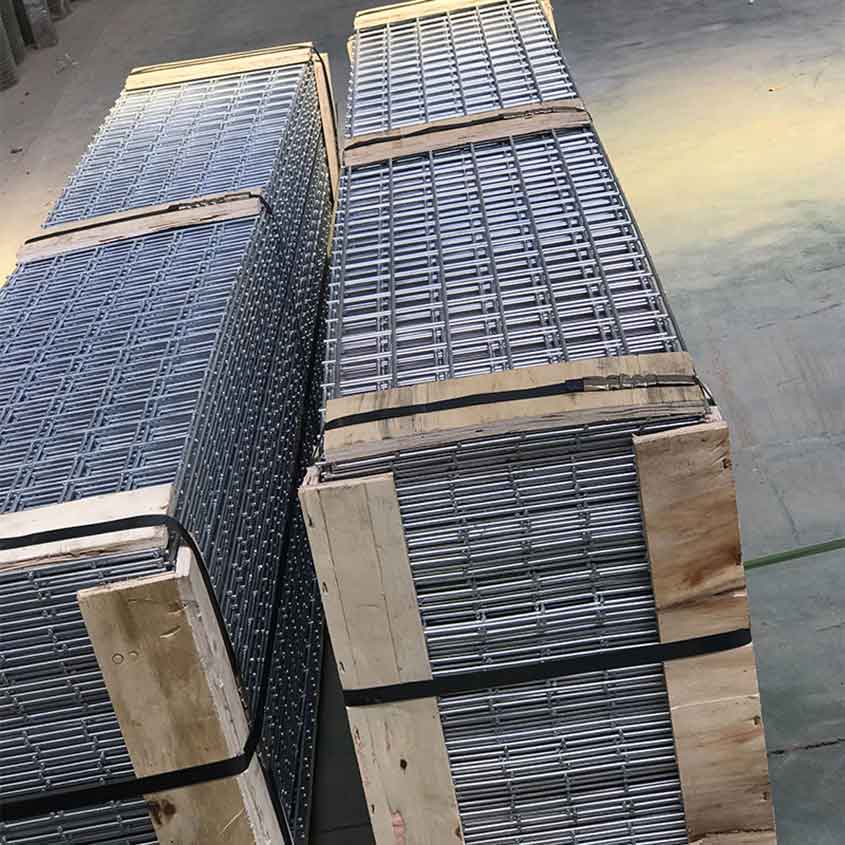
Wire Diameter and Strength:
The wire diameter directly impacts the strength and durability of the welded wire mesh panel. Thicker wire diameters provide enhanced structural integrity and load-bearing capacity, making them suitable for heavy-duty applications. Conversely, thinner wire diameters offer greater flexibility and are ideal for applications where weight is a concern. Consider the specific requirements of your project to determine the appropriate wire diameter.
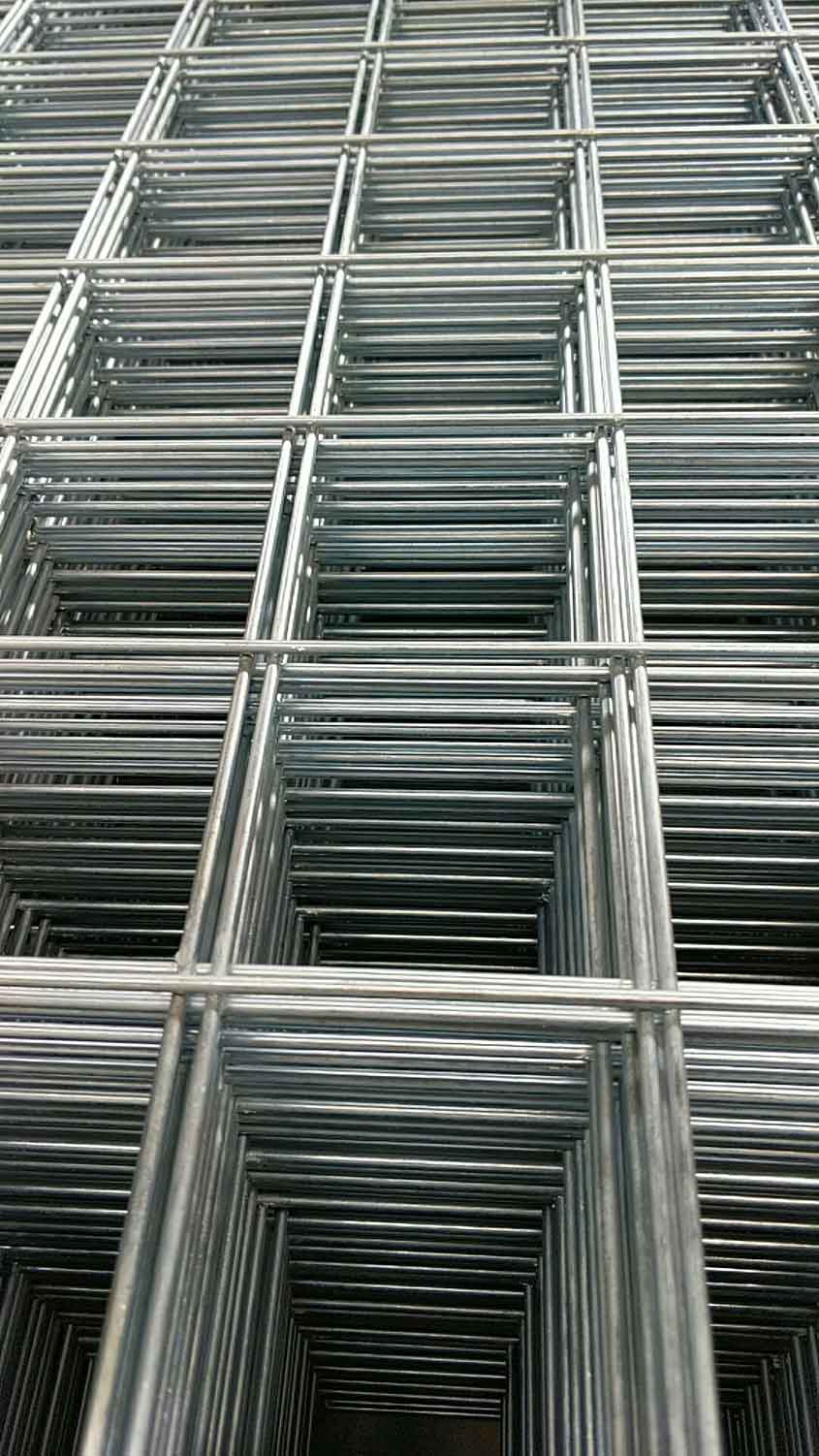
Material Grade and Corrosion Resistance:
Different material grades offer varying degrees of corrosion resistance and durability. Commonly used material grades include stainless steel (e.g., 304, 316), galvanized steel, and PVC-coated steel. Stainless steel offers exceptional corrosion resistance and is suitable for applications in aggressive or marine environments. Galvanized steel provides moderate corrosion resistance and is cost-effective for general applications, while PVC-coated steel offers added protection against corrosion in corrosive environments.
-
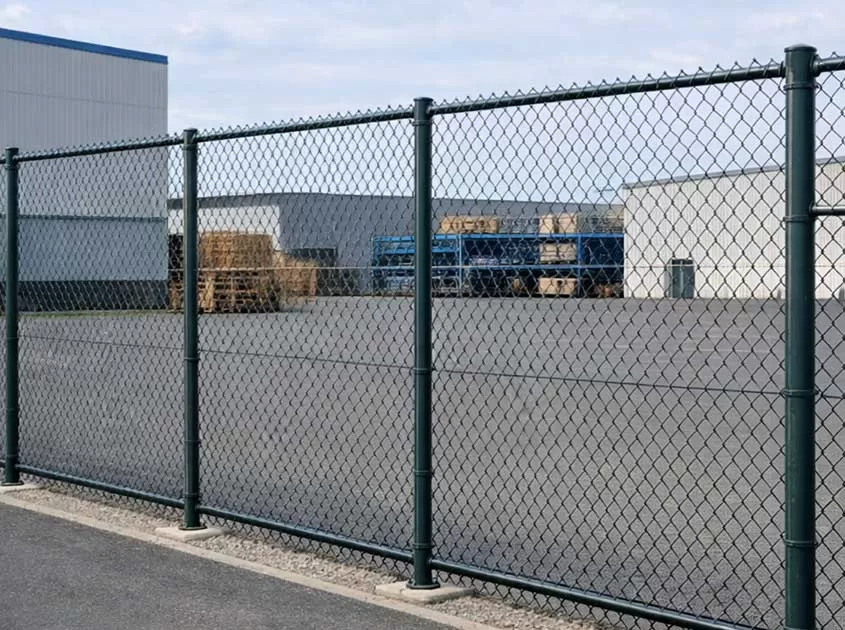 Best Chain Link Fence for Security Applications Feb 10, 2026
Best Chain Link Fence for Security Applications Feb 10, 2026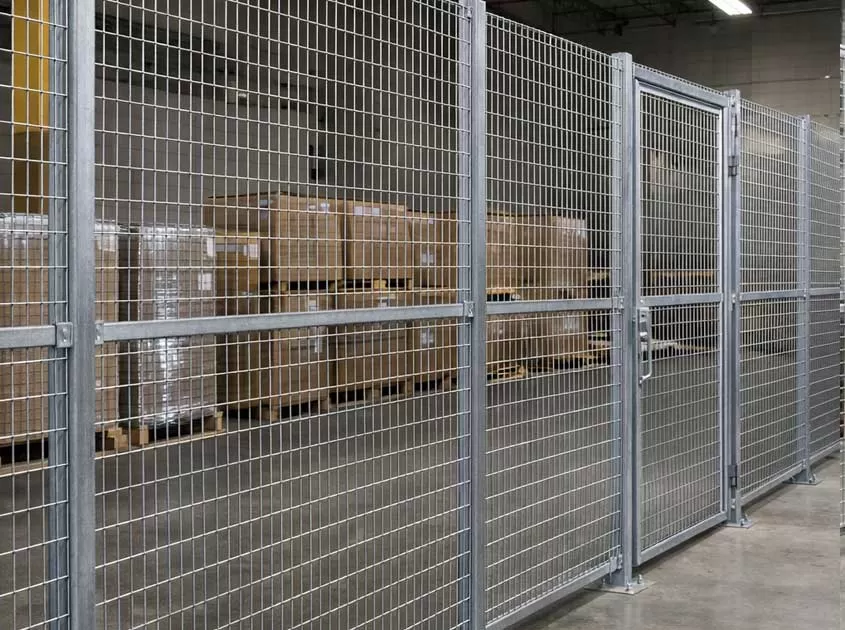 Best Welded Wire Mesh for South American Markets Feb 03, 2026
Best Welded Wire Mesh for South American Markets Feb 03, 2026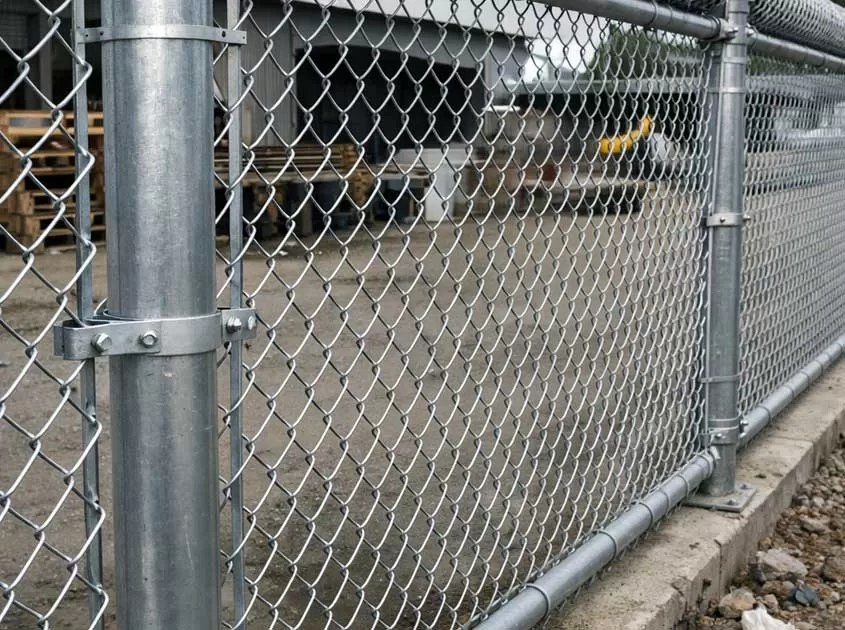 Why Galvanized Wire Mesh Is Popular in South America Jan 26, 2026
Why Galvanized Wire Mesh Is Popular in South America Jan 26, 2026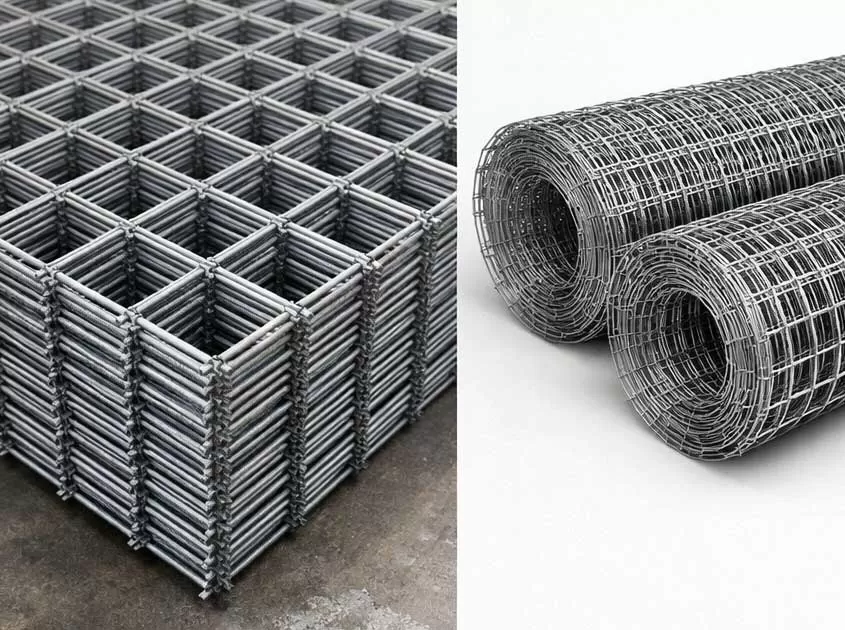 How to Check the Quality of Welded Wire Mesh Jan 16, 2026
How to Check the Quality of Welded Wire Mesh Jan 16, 2026

- Tel.: +86 311 83077076
- E-mail: sales@qunkunmetal.com
- Skype: qunkunsales01
- WhatsApp: 8618032412189
- Add.: No.69 The Filter Industrial Part of Anping, Hebei, China




